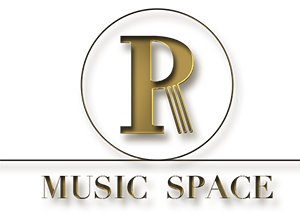VOCAL LESSONS
Lessons are taught in either English or Korean language.
Vocal Coaching
| Time | |
|---|---|
| Student | 45 minutes |
| Adult | 30 minutes 60 minutes |
| Professional Training | 60 minutes |
| Trial (for all) | 30 minutes |
ADULT Private Lessons (From 12 years old and above)
During a typical lesson, I first like to take students through some vocal warm ups and then transition to various technical work. The second part of the lesson will be an opportunity to go through a song or some material that you desire to work on. Types of vocal coaching includes: Opera, Broadway, Duet, Pop, Choir and more. Please note that I am not limited to teaching these styles of music or singing and I am able to teach you to sing in the style you're most interested in.

CHILDREN Private Singing and Piano Lessons (Children under 12 years of age)
The objective of classes for children is to help instill the fun, joy and zest in singing and building self confidence and stage presence. These are critical skills for success at any stage in life.
New Student Assessment Fee
I offer half hour initial assessment/lesson where I explain a lot of the concepts singers need to know and understand so that you can hit the ground running during lessons. During this time, you have the opportunity to listen as well as try out some of the exercises and concepts I'll be telling you about. We usually look at:
- Proper / improper breathing technique.
- Vocal registers—chest, mix, head.
- Talk through your personal vocal struggles as well as your vocal goals to ensure we are on the same page.
- Various warm ups as well as technical exercises in the above mentioned vocal registers.
Vocal Coaching Objectives:
UNDERSTAND - Students are taught the fundamentals of vocal function (the science of singing).
TECHNIQUES - Students learn about techniques needed in vocal performance to enhance their ability to sing (the art of singing).
APPLICATION - Using the knowledge they’ve gained about vocal anatomy, function and technique, students learn to identify and ultimately address vocal issues in a healthy way (the value of self-examination).
Progress in the following ways:- Growth in your low and high vocal ranges
- Strength that comes from your natural vocal output
- Increase in confidence in your natural voice
- Maturity of the sound you produce
